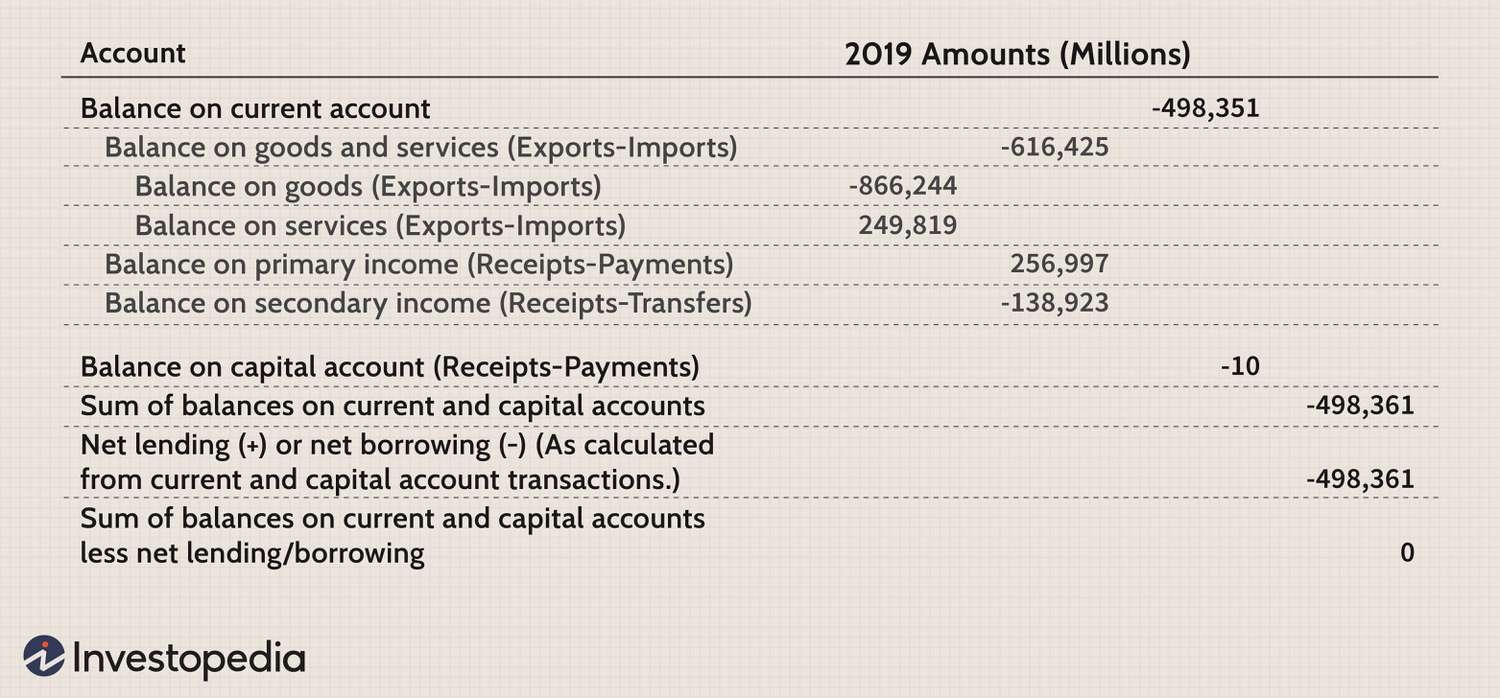When it comes to supporting aging parents, financial concerns can often weigh heavily on our minds. Fortunately, there are practical and compassionate ways that we can provide assistance during this stage of their lives. In this article, we will explore some effective strategies on how to financially support aging parents, ensuring their well-being without compromising our own. Whether you are looking for ways to cover medical expenses, evaluate long-term care options, or navigate government assistance programs, this guide will offer valuable insights and actionable steps to help you navigate this challenging journey with confidence and ease. So, let’s dive in and discover practical solutions on how to financially support aging parents.
How to Financially Support Aging Parents
Taking care of aging parents is a responsibility many individuals face as their loved ones reach their senior years. Besides providing emotional support and companionship, it’s essential to ensure their financial well-being. This article will discuss various strategies to help you financially support your aging parents, ensuring their comfort and security.
Understanding Your Parents’ Financial Situation
Before you can provide financial support, it’s crucial to understand your parents’ current financial situation. Here are some steps to help you gain clarity:
- Sit down with your parents and have an open conversation about their finances. Discuss their income, savings, investments, and any outstanding debts.
- Request access to their financial documents, such as bank statements, retirement account statements, and insurance policies. This will give you a complete picture of their financial health.
- Assess their monthly expenses, including housing costs, healthcare expenses, utility bills, and any outstanding loans or credit card debts.
- Consider consulting a financial advisor or eldercare specialist who can provide guidance on assessing your parents’ financial situation.
Evaluating Your Own Financial Situation
Supporting your aging parents financially can have a significant impact on your own financial stability. It’s essential to evaluate your own situation and make informed decisions. Here are some steps to consider:
- Assess your income and expenses. Determine how much you can afford to contribute each month towards supporting your parents without jeopardizing your own financial well-being.
- Consider your long-term financial goals, such as saving for retirement, purchasing a home, or paying off debts. Ensure that providing financial support to your parents aligns with your overall financial plans.
- Explore available financial resources, such as government assistance programs or tax benefits, that can help alleviate the financial burden of supporting your aging parents.
- Consult with a financial planner or advisor to get personalized advice on how to manage your finances while supporting your parents.
Creating a Budget
Creating a budget is a valuable tool that can help you manage your finances while supporting your aging parents. Here’s how to go about it:
- Start by listing all income sources, including your salary, investments, and any additional sources of income.
- Next, write down all your expenses, including housing costs, transportation, groceries, utility bills, and any outstanding debts or loans.
- Identify areas where you can cut back on expenses, such as dining out less frequently or reducing discretionary spending.
- Allocate a specific amount each month towards supporting your parents, taking into consideration their financial needs and the capacity of your own budget.
- Regularly review and adjust your budget as needed to ensure it remains effective and aligned with your financial goals.
Exploring Government Assistance Programs
Government assistance programs can provide valuable financial support for aging parents. Here are some programs to explore:
- Social Security: Determine if your parents are eligible for Social Security benefits. These monthly payments can contribute to their financial stability.
- Medicare and Medicaid: Familiarize yourself with the eligibility criteria and benefits of Medicare and Medicaid. These programs can help cover healthcare expenses for your parents.
- Supplemental Security Income (SSI): SSI is a needs-based program that provides financial assistance to elderly or disabled individuals with limited income and resources.
- Veterans Benefits: If your parents are veterans, they may be eligible for benefits through the Department of Veterans Affairs. Explore the available programs and assistance options.
Utilizing Insurance Policies and Retirement Accounts
Insurance policies and retirement accounts can be valuable assets when it comes to financially supporting aging parents. Consider the following:
- Life Insurance: If your parents have life insurance policies, review the terms and determine if there are any cash values or accelerated benefits that can provide immediate financial support.
- Long-term Care Insurance: If your parents have long-term care insurance, familiarize yourself with the coverage and benefits. This insurance can help cover costs associated with assisted living or nursing home care.
- Retirement Accounts: Assess your parents’ retirement accounts, such as 401(k) or IRAs, to understand their financial resources. Be mindful of any tax implications or penalties associated with early withdrawals.
Seeking Legal and Financial Guidance
Navigating the complexities of supporting aging parents can be overwhelming. Seeking professional advice can help you make informed decisions. Consider the following:
- Estate Planning: Encourage your parents to create or update their estate plans, including wills, trusts, and powers of attorney. Consult an attorney specializing in elder law to ensure all legal aspects are in order.
- Financial Advisor: Engage a financial advisor who has experience in eldercare and retirement planning. They can provide guidance on investment strategies, tax planning, and wealth management.
- Accountant: Consult an accountant who can help you navigate tax implications and assist with financial planning tailored to your specific circumstances.
Exploring Alternative Living Arrangements
In some cases, providing financial support to aging parents may involve considering alternative living arrangements. Here are a few options to explore:
- Multi-Generational Living: If your parents are comfortable with the idea, consider living together in a multi-generational household. This arrangement can help reduce living expenses and provide emotional support.
- Assisted Living Facilities: Research local assisted living facilities and their associated costs. Determine if this option aligns with your parents’ needs and financial situation.
- In-Home Care: Explore the possibility of hiring in-home care services for your parents. This can help them maintain their independence while receiving necessary assistance.
Regularly Reviewing and Adjusting Support
Financial support for aging parents is an ongoing commitment that requires periodic review. Keep the following points in mind:
- Regularly reassess your parents’ financial situation to ensure your support remains aligned with their needs.
- Discuss any changes in their income or expenses that may impact their financial stability.
- Review your own financial situation regularly and make adjustments to your budget and support as needed.
- Stay informed about changes in government assistance programs and take advantage of any additional benefits that may become available.
Remember, supporting your aging parents financially is not just about providing financial assistance; it’s also about navigating legal and healthcare processes, offering emotional support, and maintaining open lines of communication. The steps outlined in this article are meant to serve as a guide, but each situation is unique. Seek professional advice and involve your parents in the decision-making process to ensure their financial security and overall well-being.
How to help aging parents financially
Frequently Asked Questions
Frequently Asked Questions (FAQs)
How can I financially support my aging parents?
Supporting your aging parents financially can be a responsibility that requires careful planning and consideration. Here are some ways you can provide financial support to your aging parents:
What are some options for funding my parents’ long-term care?
When it comes to funding your parents’ long-term care, you may consider the following options:
Are there any government programs that provide financial assistance for aging parents?
Yes, there are government programs available that provide financial assistance for aging parents. Some of the programs you can explore include:
Can I claim my aging parents as dependents for tax purposes?
Claiming your aging parents as dependents for tax purposes may be possible in certain situations. Here are some criteria to consider:
Should I consider purchasing long-term care insurance for my parents?
Purchasing long-term care insurance for your parents can be a proactive approach to ensure they receive the necessary care. Here are some factors to consider:
What are the benefits of setting up a trust for my parents’ financial needs?
Setting up a trust for your parents’ financial needs can provide various benefits. Here are a few advantages to consider:
How can I ensure my parents’ financial security without depleting my own resources?
Ensuring your parents’ financial security while preserving your own resources requires careful planning. Here are some strategies to consider:
Are there any community resources available to assist with my parents’ financial needs?
Yes, there are community resources available to assist with your parents’ financial needs. Here are some options you can explore:
Please note that these suggestions are general in nature and may not be suitable for everyone. It is always recommended to seek advice from a financial professional to determine the best course of action for your specific situation.
Final Thoughts
To financially support aging parents, there are several strategies to consider. Firstly, open up the lines of communication with your parents and have an honest conversation about their financial situation. Next, explore government assistance programs, such as Social Security or Medicare, that they may be eligible for. In addition, help them create a budget and track their expenses to ensure they are living within their means. Consider contributing to their savings or retirement accounts if possible, and explore alternative income options like part-time work or downsizing their living arrangements. Lastly, prioritize your own financial health by seeking professional advice or engaging in financial planning. Supporting aging parents financially requires open communication, planning, and resourcefulness.



